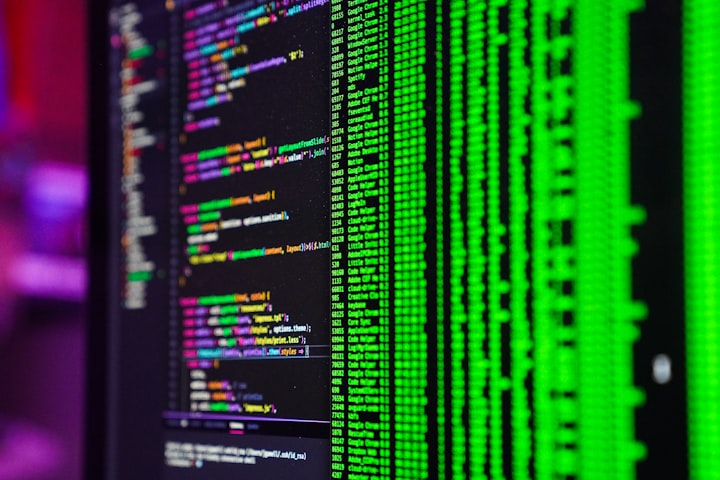The impact of AI on journalism: A revolutionary shake-up.
Last year, journalists had a playful encounter with the new AI chatbot, ChatGPT, attempting to test its ability to write columns.

PARIS: Last year, journalists had a playful encounter with the new AI chatbot, ChatGPT, attempting to test its ability to write columns. The general consensus was that the bot was not yet skilled enough to replace human journalists. However, some experts predict that journalism is on the verge of a revolution where proficiency in AI algorithms and content-generating tools will be a critical battleground. This shift is evidenced by companies like CNET and Axel Springer, who have already begun implementing AI programs to generate articles and restructuring their staff accordingly. While some believe that AI tools will replace humans in mechanistic journalism tasks such as sports reports and financial results, others like Mike Wooldridge of Oxford University compare AI to a "glorified word processor" and believe that human journalists should not be concerned. Nevertheless, the use of AI tools in journalism will likely bring about job losses in some areas, according to experts like Alex Connock, who believe that proficiency in AI tools will determine which media companies survive in the coming years.
Artificial Intelligence (AI) is poised to transform the journalism industry in significant ways. The adoption of AI tools and algorithms is becoming a crucial factor for media companies to survive in the coming years, according to experts.
However, the use of AI tools in journalism will likely bring about job losses in some areas, according to experts like Alex Connock, who believes that proficiency in AI tools will determine which media companies survive in the coming years. The mastery of AI tools will help decide which media companies survive and which ones fail in the coming years, Connock said.
For the past decade, media organizations have been increasingly using automation for routine work like searching for patterns in economic data or reporting on company results. Outlets with an online presence have obsessed over “search engine optimization,” which involves using keywords in a headline to get favored by Google or Facebook algorithms and get a story seen by the most eyeballs.
And some have developed their own algorithms to see which stories play best with their audiences and allow them to better target content and advertising — the same tools that turned Google and Facebook into global juggernauts.
The potential impact of AI on journalism is significant and wide-ranging. AI can help automate routine tasks such as fact-checking, transcribing, and identifying patterns in data. It can also help personalize content to individual readers' interests and even write articles based on pre-existing templates and algorithms.
While AI-generated content is not yet capable of replacing human journalists in areas like investigative journalism or opinion pieces, it is making inroads in more mechanical areas such as sports reporting, financial results, and weather forecasts. As AI technology continues to improve, the line between human and machine-generated content will become increasingly blurred, and media companies will need to adapt their strategies to stay competitive.
One potential benefit of AI in journalism is that it can help reduce bias and increase objectivity. By using algorithms to analyze data and identify patterns, AI can help journalists detect trends and uncover insights that might otherwise go unnoticed. AI can also help journalists fact-check stories more quickly and accurately, reducing the risk of errors and misinformation.
In conclusion, it is clear that the rise of AI in journalism will bring about both opportunities and challenges for the industry. While some experts believe that AI will replace human journalists in certain tasks, others believe that AI will not be able to replace human reporters entirely. Nevertheless, the use of AI tools in journalism is likely to become increasingly important, and media organizations that are quick to adopt and master these tools will be best positioned to succeed in the coming years.





Comments
There are no comments for this story
Be the first to respond and start the conversation.